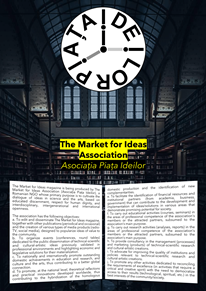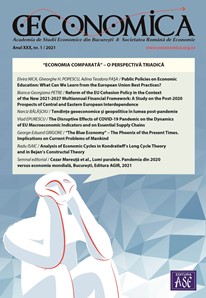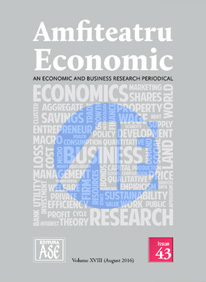
Journal of Reasonable Arguments
“A «market for ideas», is that what we’ve been missing now, in times of severe and tangible hardships?!” Such a reaction is a performative contradiction, since this invective expresses, in itself, an idea, even before the emitter tries, by shouting, to rob himself and us of the value of a train of thought through his “heckler’s veto”. Many mundane thinkers profess “practical”, “materialistic”, “carnal” certainties, subject to experimentation and empiricism, confining themselves to the tranquillity of the lower hanging fruit of knowledge. Others erupt (and eruct) in what they self-interestedly self-assess as well-educated environments, populated by characters who ritually exchange each other’s ideas as either dead letters or progressively stronger echoes, being immune to argument, and wallowing in the unfalsifiable. They are blind to the calling of truth or, as Leo Strauss mentioned about some philosophers, they are so far gone down the rabbit hole of relativity that no truth is possible and the battlements of debate turn to quicksand. Finally, in markets for ideas, “corrupting” prices (attached to valuable ideas, if admitted) are for some out of the question, while others require them to be controlled by authoritarian elites with state-provisioned super-powers.
In the true literature (of ideas) there is no need to make a big deal about such a market. By its nature and function, literature – in its scientific sense, beyond the world of letters – simply confesses it, without raising voice. Sure enough, the intellectual social life does sometimes commit pedantry, for want of an even more innocuous word, by “squaring” the civil dialogue: we find arguments about argument, theorizations about theory and, yes, ideas about ideas. As the late fabulist Terry Pratchett write, “it’s turtles all the way down”.
Economists didn’t just wake up uninvited in this world of ideas about ideas, for their calling is to manage the various scarcities. Knowledge, information, ideas, all of them are valuable in our forever insufficient world. Their movement necessarily predate and exceeds in velocity and size that of the mundanely materialistic goods and services. Extremely important for the resilience and sustainability of – to use some contemporary fashionable terminology – social architecture is the exchange, the circulation and cycling of ideas in a “highly processed” format: the cultural-scientific ideas. Without this, man would have remained trapped in the animal status of the instinct-impulse cycle and thus would not have been humane. So valuable is the idea of markets for ideas!
Going back to the economic (social in the broadest sense) literature, it reunites wonderful works on the social reason of markets for ideas in the process and progress of knowledge, which, in their turn, are the antechamber of prosperity: M. Polanyi, F.A. Hayek, R.H. Coase wrote about the logic of freedom in an area whose narrowness is but an illusion, since it is the “mantle” of societal movement of values. The Romanian T. Maiorescu too offers a sociological argument, warning about ideas treated as safely absorbed and enshrined while, in fact, they were only mimicked, if not parroted.
In Why we do not have a marketplace of ideas, H.R. Patapievici was purposefully turning Maiorescu’s argument inside out, (re)discovering in the Romanian culture a chronic gap between the critical production of ideas and their consumption. The term market is here as a metaphor, although not completely: it proposes the sense of space for critical dialogue, not for monetised trade (without ruling it out); unfortunately, poor ideas do not offer a price discount relative to sound ones and whatever price were to be paid, it is unlikely for a bad idea to lead to the recovery of one’s investment. This state of a Romanian culture of mutual silence contrary to reciprocal reviewing – this even among its elites – still haunts and weakens us.
The Market for Ideas is a journal of essays, a community made out of individualities. It is a tribute paid to the ideal of an exigent society, has Romanian origins and international propensity. It provides a bridge for dialogue between “prosumers” of ideas. It is meant to transgress – respecting the freedom of movement and correctly using the terms – paradigms of (scientific) rationality as well as of (artistic) sensitivity. Our invitation starts the moment one has touched the cover. Make yourself at home between them as well!









